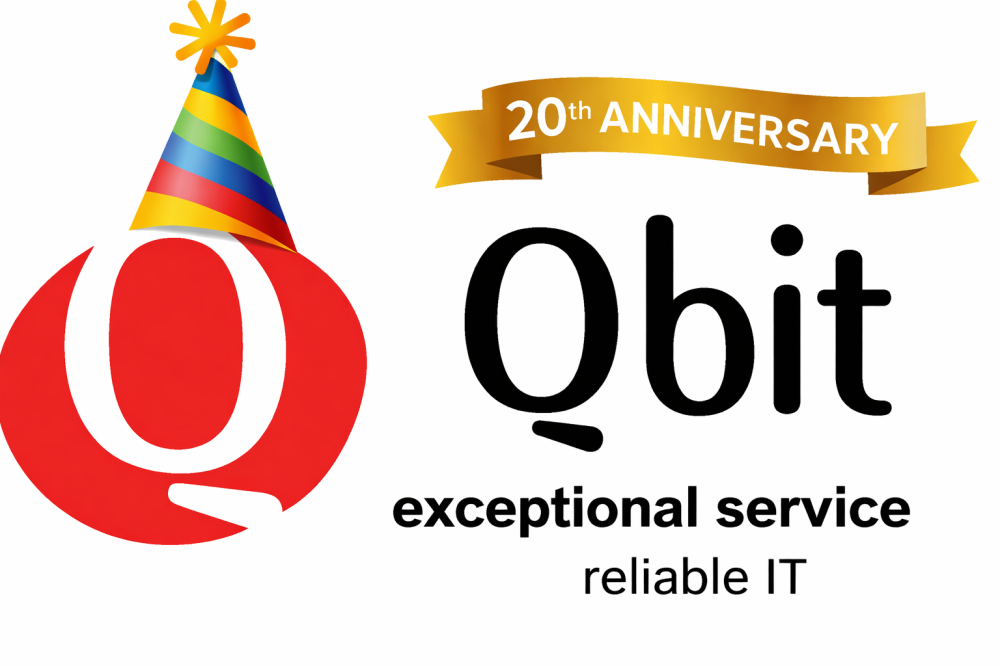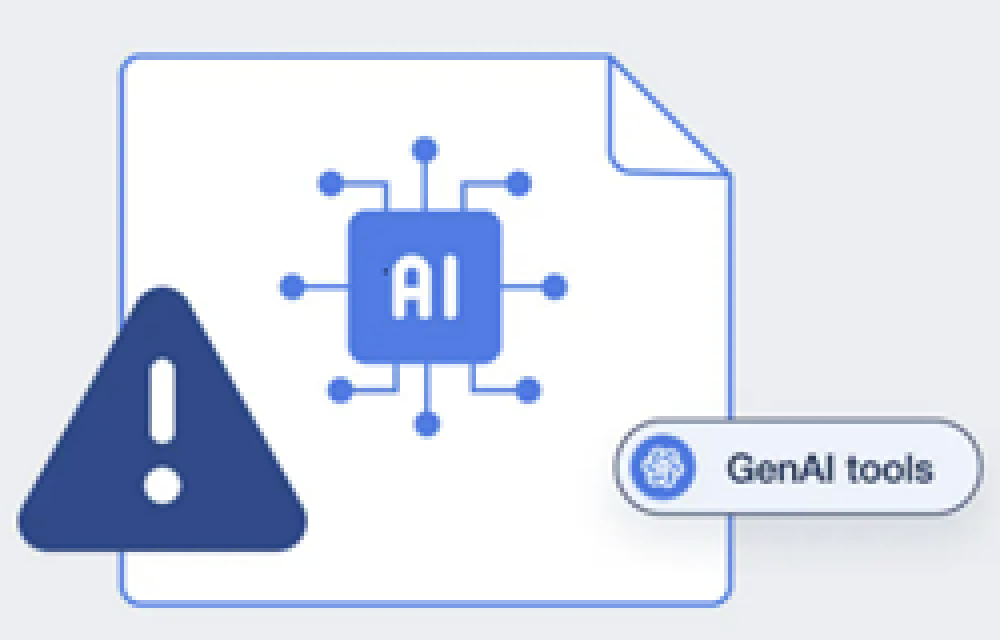Data is the lifeblood of modern business operations in the digital age, driving decisions, strategies, and customer interactions.
As organisations increasingly rely on digital information, the potential risks associated with data loss have become a big concern. Data backups are a proactive measure to mitigate these risks, serving as an insurance policy against the threats that can lead to data loss.
This article explores the importance of data backups, the common causes of data loss, and effective and practical strategies to protect your organisation’s valuable data.
Understanding Data Loss
Data loss can occur due to a variety of reasons, each with the potential to disrupt business operations and inflict significant damage:
- Hardware failure: Physical damage to storage devices can result in irreversible loss of data. Despite advancements in technology, hardware is still prone to failures and malfunctions.
- Human error: Accidental deletions, overwriting files, or misconfiguring systems are common mistakes that can lead to data loss. The human element remains one of the most unpredictable factors in data security.
- Cyber-attacks: Malicious attacks such as ransomware, viruses, and phishing scams can compromise or destroy data, with attackers often targeting business-critical information.
- Natural disasters: Earthquakes, floods, fires, and other natural events can physically destroy data storage facilities, leading to the loss of critical data.
The consequences of data loss extend beyond just the immediate loss of information.
- Severe financial losses: The immediate aftermath of data loss can lead to significant financial strain. Businesses may face costs related to data recovery efforts, lost productivity during downtime, and potential lost revenue from disrupted operations. In some cases, the data lost could have intrinsic value, such as proprietary research or customer information, whose absence can lead to missed opportunities and long-term financial setbacks.
- Damage to reputation: Trust is a cornerstone of customer relationships. When data loss occurs, particularly if it involves sensitive customer information, the breach of trust can tarnish a company’s reputation. The negative publicity surrounding such an event can deter potential customers and erode the loyalty of existing ones. Rebuilding this trust can be lengthy and costly, requiring significant transparency efforts, improved security measures, and customer service.
- Legal implications: In many industries, companies are legally obligated to protect the data they collect. Failing to safeguard this data can lead to legal consequences, including hefty fines and sanctions from regulatory bodies. Additionally, companies may face lawsuits from affected parties, further compounding the financial and reputational damage. These legal challenges not only drain resources but can also lead to stricter regulations and oversight, impacting business operations.
Why Are Data Backups Important?
Data backups are essential for several reasons, primarily serving as a safety net that ensures business continuity in the face of data loss.
- Risk mitigation: Regularly backing up data can significantly reduce the risk associated with data loss events. It ensures that a recent copy of your data is always available for recovery.
- Business continuity: In the event of data loss, backups enable organisations to quickly restore critical data, minimising downtime and ensuring that business operations can continue with minimal disruption.
- Regulatory compliance: Many industries have regulations requiring businesses to maintain comprehensive data backups to protect customer and business information.
Implementing a robust data backup strategy is not just a technical necessity; it’s a strategic business decision that can safeguard the future of your organisation. Contact Qbit to develop a strategy that suits your business.
Microsoft 365 Data Backups
With many companies running fully in the cloud it does not alleviate the need for backups. One in three companies have reported Data Loss in the cloud.
The single leading cause of this data loss is End-user error. Other common culprits include:
- Malware or ransomware attacks
- Malicious end-user activity
- Accidental data overwrites
- Cancelled account subscription
Microsoft 365 promote a “shared responsibility” model. They are clear in recommending providers and end users pursue third-party solutions to ensure they meet data protection, business continuity, compliance, and security requirements beyond Microsoft 365’s limited native recovery capabilities
Types of Server Data Backups
Understanding the different types of data backups is crucial for developing an effective backup strategy that aligns with your organisation’s needs.
Here are some of the most common:
- Full backups: This method involves copying all data to the backup storage. While it ensures a complete snapshot of data at a specific point in time, it requires significant storage space and longer completion times.
- Incremental backups: Incremental backups save changes made since the last backup, reducing the amount of data that needs to be copied and saving time and storage space. However, restoring backup computer data can be more complex, as it requires the last full backup and all subsequent incremental backups.
- Differential backups: Similar to incremental backups, differential backups store data changed since the last full backup. They strike a balance between the storage and time efficiency of incremental backups and the simplicity of full backups.
Choosing the right backup approach depends on various factors, including the volume of data, the criticality of the information, and the resources available for backup operations.

Data Backup Solutions
There are several data backup methods and solutions available, each offering different features and benefits.
- Cloud-based backup services: These services provide off-site cloud storage for backups, offering scalability, accessibility, and protection from physical damage to on-premises equipment. However, they are an online backup service and depend on internet connectivity and can incur higher costs for large volumes of data.
- On-premises backup systems: These involve storing backups on physical devices or servers located within the organisation’s premises. They offer fast recovery times and control over the backup process but require investment in hardware and are vulnerable to physical damage.
- Hybrid approaches: Combining cloud-based services with on-premises backups, hybrid approaches offer the best of both worlds, providing both security and flexibility for reliable data backup.
Qbit Computers: Your Trusted IT Provider for Data Backup Solutions
Choosing the right backup method and implementing an effective data backup strategy can be complex. Qbit offers expert data backup solutions tailored to your organisation’s specific needs.
With a focus on reliability, security, and ease of use, Qbit ensures that your data is protected against loss, no matter the cause. Contact Qbit to discover how we can help secure your valuable data with cutting-edge backup solutions.


